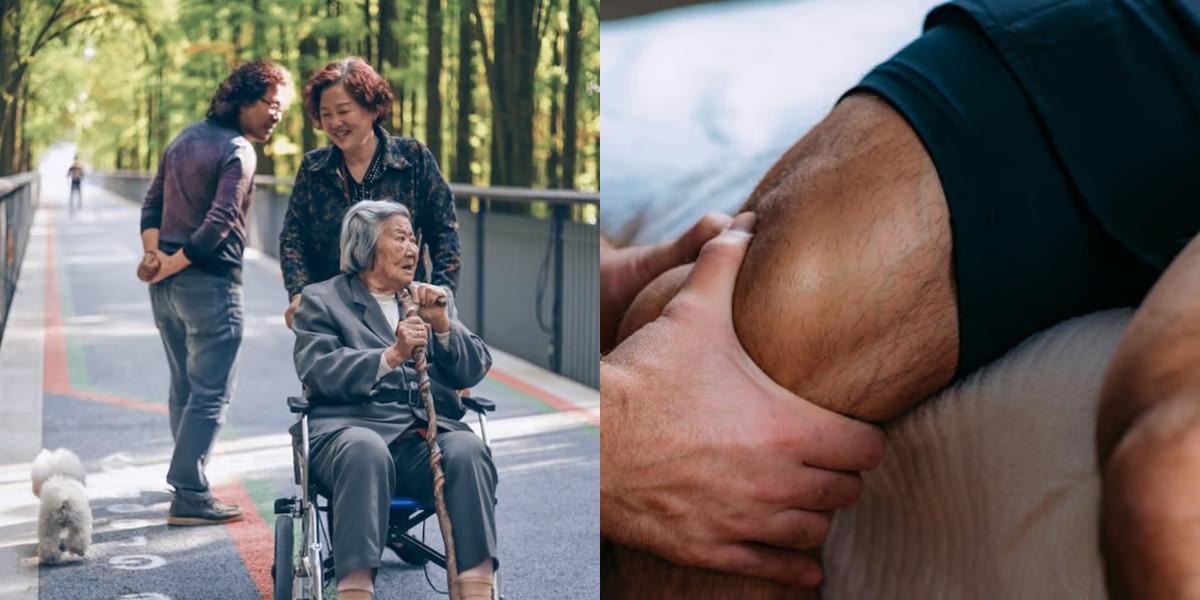Home Health Aide vs Massage Therapist

Key Points:
- Home Health Aides provide personal care and support to clients; Massage Therapists focus on therapeutic massage to promote relaxation and healing.
- Home Health Aides typically earn less than Massage Therapists.
- The demand for both Home Health Aides and Massage Therapists is expected to grow.
- Home Health Aides often require a shorter training program, usually completed in-person, while Massage Therapists typically need a more extensive training program, which can be completed both online and in-person.
- Home Health Aide training is generally more affordable and shorter in duration, ranging from a few weeks to a few months, compared to Massage Therapist training, which can take up to 2 years and be more expensive.
When it comes to choosing a career path, it's important to consider your interests, skills, and the job market. Two popular vocational training options to consider are becoming a Home Health Aide or a Massage Therapist. Both professions offer the opportunity to make a meaningful impact on people's lives, but they have distinct differences in terms of job duties, education requirements, and career outlook. In this blog post, we will explore what it means to be a Home Health Aide and a Massage Therapist, highlight the differences between the two, and provide insights into their job descriptions, education and training requirements, career outlook, and salary potential.
Home Health Aide vs Massage Therapist: Career Outlook and Salary
- Career Outlook:
- The demand for Home Health Aides is expected to grow rapidly in the coming years, driven by an aging population and an increasing desire for in-home care. The Bureau of Labor Statistics projects a 34% increase in employment for Home Health Aides from 2019 to 2029.
- The demand for Massage Therapists is also expected to grow, although at a slower pace. The Bureau of Labor Statistics projects a 21% increase in employment for Massage Therapists from 2019 to 2029.
- Salary:
- The median annual wage for Home Health Aides was $26,440 in May 2020, according to the Bureau of Labor Statistics.
- The median annual wage for Massage Therapists was $43,620 in May 2020, according to the Bureau of Labor Statistics.
Final Thoughts
Choosing between a career as a Home Health Aide or a Massage Therapist ultimately depends on your interests, skills, and career goals. Both professions offer the opportunity to make a positive impact on people's lives, but they have different job duties, work environments, and educational requirements. It's important to carefully consider these factors and research the job market and salary potential before making a decision. Ultimately, choosing a career that aligns with your passion and values will lead to a fulfilling and rewarding professional life.
Dreambound's educational programs cater to a wide range of locations, ensuring accessibility for individuals eager to explore new horizons. Delve into a more comprehensive understanding of the possibilities within these two vocations by visiting:

Stephanie Dayak is the go-to person for everything related to automation and integrations at Dreambound. As a Certified Tax Technician turned tech whiz, her sharp eye for detail and passion for efficiency become evident in every project she undertakes. When not solving tech puzzles, she's out exploring the local food scene, cozying up with her dogs, or plugged into a thought-provoking podcast. She's an ardent believer in mixing fun with functionality!




